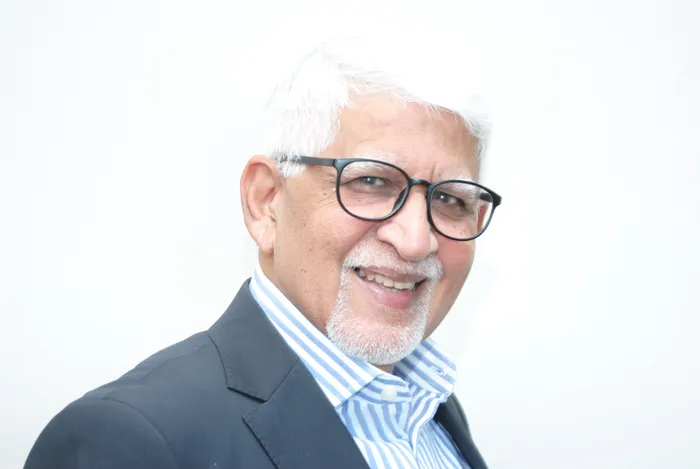
The Financial Action Task Force (FATF) claims to safeguard global financial integrity, yet it operates as a geopolitical tool, enforcing compliance among non-aligned states while allowing Western powers to escape scrutiny.
Image: IOL / Ron AI
The Financial Action Task Force (FATF) presents itself as a global guardian of integrity in the financial system — a neutral body combating money laundering and the financing of terrorism.
Yet beneath the veneer of technical expertise lies a system deeply entangled in geopolitics. Increasingly, the FATF has become an instrument of coercion, used by Western powers to discipline non-aligned states and preserve a fading unipolar world order.
In the post-Cold War era, the United States emerged as the sole superpower, shaping what it called a “rules-based international order.” Institutions such as the IMF, World Bank, and WTO became key enforcers of this vision — embedding a Western model of open markets, privatisation, and financial liberalisation.
The FATF, born in 1989 under the auspices of the G7, was the missing regulatory link — the mechanism that would set and police global standards in finance. Its 40 Recommendations became, de facto, mandatory for any state wishing to access international capital or avoid financial isolation.
FATF’s most powerful weapon — the grey list — exposes its political underbelly. The list is dominated by countries that fall into three broad categories: geopolitical adversaries, economically vulnerable and non-aligned nations, and conflict-torn states.
By contrast, the world’s most egregious money-laundering jurisdictions — including the US, UK, and EU financial centres — escape similar scrutiny. The London Laundromat scandal, along with the Pandora and Paradise Papers, exposed Western complicity in illicit finance.
The FATF’s coercive power lies not in law, but in perception. A grey-listed country is deemed “high risk,” triggering a chain reaction of economic consequences — from de-risking by banks to higher borrowing costs and reduced foreign direct investment.
South Africa’s recent removal from the FATF grey list was hailed as a triumph, yet it underscores how compliance came at the cost of legislative reform and policy realignment.
To escape the grey list, countries must overhaul domestic laws and regulatory frameworks to match global norms, granting the FATF immense leverage over national policy.FATF compliance operates as a modern form of conditionality — not unlike the IMF’s structural adjustment programs, but cloaked in the language of “anti-crime” and “good governance.”
Proponents of the FATF insist that its mission is indispensable. Money laundering and terror financing are real threats to global stability, and a harmonised system of oversight can curb corruption and capital flight.
Yet, critics note that enforcement remains selective — when violations occur in Western economies, they are addressed administratively, while non-Western states face systemic punishment.
As the world shifts toward multipolarity, with China, Russia, and the Global South asserting greater influence, the FATF’s dominance is being questioned. The rise of alternative financial networks such as China’s CIPS and the BRICS New Development Bank suggests the monopoly of Western institutions may not endure indefinitely.
The FATF exemplifies structural power — the ability to shape not just outcomes, but the rules themselves. Through its standards, the West maintains control over global finance.
South Africa’s “victory” in being delisted thus carries an irony: it signals not independence, but reintegration into a system that continues to privilege Western economic dominance.

The Financial Action Task Force (FATF) claims to safeguard global financial integrity, yet it operates as a geopolitical tool, enforcing compliance among non-aligned states while allowing Western powers to escape scrutiny.
Image: Supplied
* Shabodien Roomanay is the board Chairman of Muslim Views Publication, founding member of the Salt River Heritage Society, and a trustee of the SA Foundation for Islamic Art.
** The views expressed do not necessarily reflect the views of IOL or Independent Media.
Related Topics: